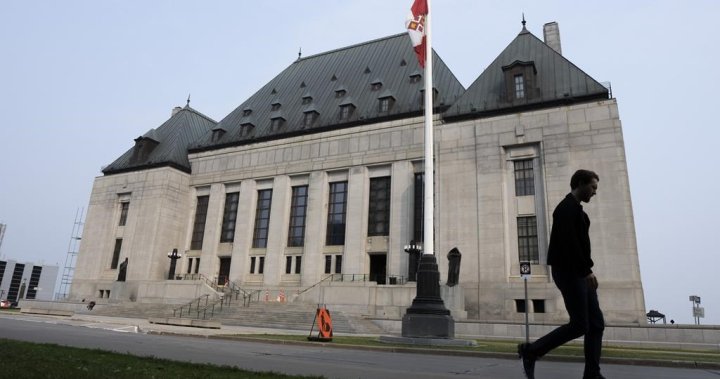The Supreme Court of Canada recently ruled in favor of partly upholding an appeal from the media regarding a so-called secret trial in Quebec involving a police informant. The high court agreed that certain information, such as details that could identify the informant, were correctly kept confidential by the trial judge and Quebec Court of Appeal. However, the Supreme Court noted that part of the legal proceedings could have been made public on the court’s docket and hearing role. The case involved an informant who had been convicted of participating in a crime that they had disclosed to the police.
The existence of the trial only became known when the informant appealed their conviction, and the Court of Appeal released a redacted decision in March 2022 that criticized the secrecy surrounding the trial. The Supreme Court clarified that there was no actual “secret trial” but ordered the Court of Appeal to produce a redacted version of the initial conviction. This revised version would protect the informant’s identity while also respecting the principle of open courts. The ruling seeks to strike a balance between maintaining confidentiality to protect informants while ensuring transparency and accountability in the justice system.
The case highlights the complex and delicate balance that must be maintained between protecting the identities of informants, who play a crucial role in law enforcement, and ensuring transparency and accountability in the justice system. Informants often provide crucial information that helps authorities combat crime, but revealing their identities could put their safety at risk. By allowing certain parts of legal proceedings to be made public while still safeguarding the informant’s identity, the Supreme Court’s decision aims to address these competing interests.
The Supreme Court’s ruling sends a clear message about the importance of striking a balance between maintaining confidentiality in legal proceedings and upholding the principle of open courts. By ordering the Court of Appeal to produce a redacted version of the initial conviction, the high court is emphasizing the need to protect the identities of informants while also ensuring that justice is served transparently. This decision could have far-reaching implications for how similar cases are handled in the future, setting a precedent for balancing privacy concerns with the public’s right to access information.
The media’s appeal in this case underscores the vital role that journalists play in holding the justice system accountable and ensuring transparency. By challenging the secrecy surrounding the trial, the media helped shed light on issues related to confidentiality and open courts. The Supreme Court’s ruling acknowledges the importance of media scrutiny and public oversight in ensuring the integrity and fairness of legal proceedings. Journalists serve as watchdogs in society, keeping a close eye on the justice system to uphold democratic values and protect the public interest.
Overall, the Supreme Court’s decision in this case reflects a nuanced understanding of the various factors at play when balancing the need for confidentiality with the principles of open justice. By recognizing the importance of protecting informants while also promoting transparency in the legal system, the ruling sets a precedent for future cases involving similar issues. The case serves as a reminder of the complex challenges faced by the justice system and the ongoing need to navigate these challenges in a way that upholds the rule of law and safeguards individual rights. The Supreme Court’s ruling marks a significant development in Canadian legal jurisprudence, highlighting the importance of accountability, transparency, and fairness in the legal system.


